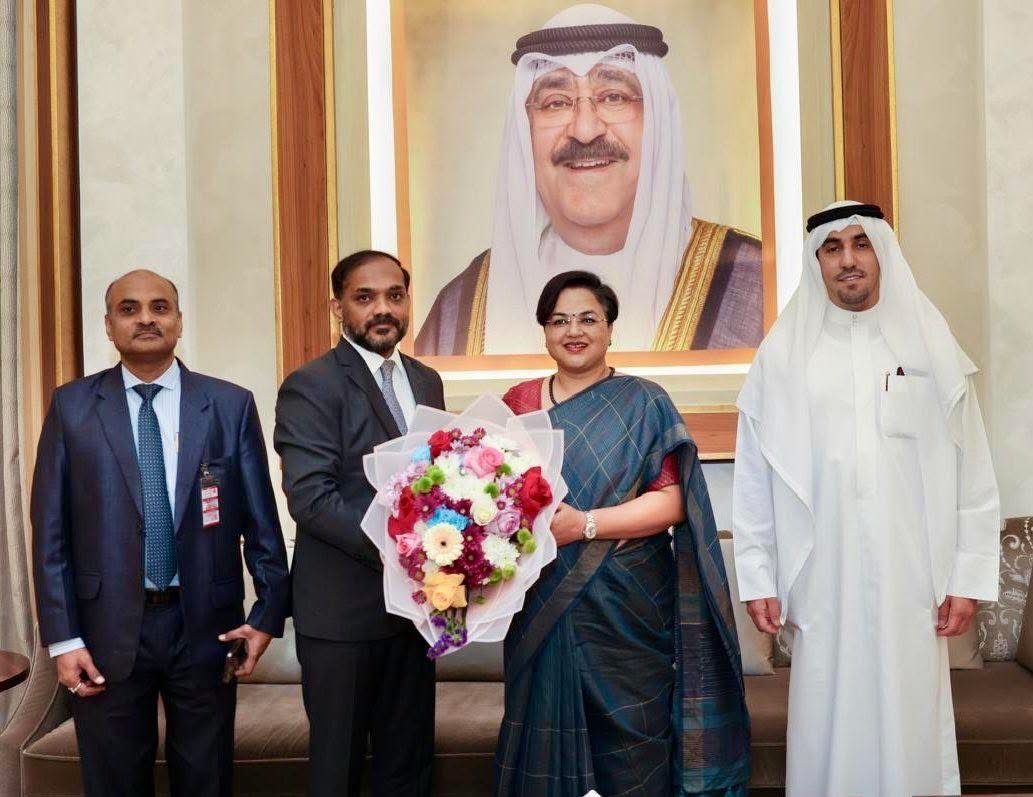- The Kapas Kisan App is ushering India’s cotton ecosystem into the digital age. Farmers will track every transaction, from booking to payments, directly on their smartphones. This system eliminates delays, prevents crowding, and ensures timely payments into bank accounts, creating a transparent, efficient, and farmer-friendly market.
- The Kapas Kranti Mission goes beyond a typical agricultural scheme. It is a blueprint for rural transformation, focused on improving productivity in India’s cotton-growing regions through high-density plantation (HDP), precision irrigation, and scientific agronomy.
- By adopting advanced farming methods, including closer plant spacing and technology-driven irrigation, the program aims to replicate the success seen in Maharashtra’s Akola district, a model for innovative cotton cultivation.
- Transparency is central to the mission. The government has cracked down on middlemen, unscrupulous ginning mills, and counterfeit seed suppliers.
- Offenders face legal action, including license revocations and preventive detention measures. By eliminating fake seeds and strengthening quality control, farmers are guaranteed access to genuine, high-yielding varieties.
India’s cotton fields are undergoing a quiet yet powerful transformation. At the heart of this change is the $68 million (Rs 600 crore) Kapas Kranti Mission, launched by the Government of India to boost long-staple cotton production, empower farmers, and strengthen the nation’s textile industry.
Announced in Hyderabad, Telangana, by Union Minister G. Kishan Reddy, the initiative aims to bring science, technology, and innovation to every stage of cotton cultivation — from seed to sale — ensuring farmers are better equipped, better compensated, and more productive.
Modernizing cotton cultivation through innovation
The Kapas Kranti Mission goes beyond a typical agricultural scheme. It is a blueprint for rural transformation, focused on improving productivity in India’s cotton-growing regions through high-density plantation (HDP), precision irrigation, and scientific agronomy.
By adopting advanced farming methods, including closer plant spacing and technology-driven irrigation, the program aims to replicate the success seen in Maharashtra’s Akola district, a model for innovative cotton cultivation.
Farmers from other states, particularly Telangana, are invited to Akola to gain firsthand experience in these techniques, which can dramatically improve yield and quality. The government’s long-term goal is to position India as a global leader in high-quality, sustainable long-staple cotton.
A standout feature of the mission is its digital focus. The ‘Kapas Kisan App’, launched after Diwali, allows farmers to pre-book sales slots, bypass middlemen, and secure fair prices for their produce. It also provides real-time updates on procurement schedules, market rates, and quality standards.
To ensure widespread adoption, agriculture officials, Panchayat workers, and rural youth are conducting awareness campaigns in nine languages, using social media, videos, and village meetings. Post-Diwali, the government opened 122 procurement centers and 345 ginning units, monitored by committees of officials, police, and farmer representatives to guarantee transparency and protect farmers from exploitation.
A decade of growth laid the groundwork
The Kapas Kranti Mission builds on a decade of progress in India’s cotton sector. Between 2014 and 2024, cotton procurement surged from 173 lakh bales ($3.5 billion) to 473 lakh bales ($17 billion), reflecting both policy stability and farmer confidence. The Minimum Support Price (MSP) for cotton has nearly doubled under Prime Minister Narendra Modi, ensuring farmers earn fair returns for their work.
In Telangana and Andhra Pradesh alone, the Centre has spent nearly $8 billion (Rs 65,000 crore) on procurement, creating a renewed sense of purpose for millions of farming families.
Transparency is central to the mission. The government has cracked down on middlemen, unscrupulous ginning mills, and counterfeit seed suppliers. Offenders face legal action, including license revocations and preventive detention measures. By eliminating fake seeds and strengthening quality control, farmers are guaranteed access to genuine, high-yielding varieties.
Learning from success, expanding horizons
Training is a key pillar of the mission. Farmers from Telangana and neighboring states will visit Akola to observe HDP techniques, soil management, and pest control practices, creating a new generation of knowledge-driven, tech-savvy cotton growers.
Post-harvest visits will allow them to study every stage of the value chain — from field preparation to ginning and packaging — bringing back insights to enhance local practices.
The Kapas Kisan App is ushering India’s cotton ecosystem into the digital age. Farmers will track every transaction, from booking to payments, directly on their smartphones. This system eliminates delays, prevents crowding, and ensures timely payments into bank accounts, creating a transparent, efficient, and farmer-friendly market.
Cotton as a symbol of self-reliance
The Kapas Kranti Mission reflects a broader vision of Atmanirbhar Bharat — a self-reliant India. By modernizing cotton cultivation, the government strengthens the textile sector, supports millions of jobs, and increases exports. High-quality long-staple cotton allows India to compete globally, meeting domestic demand while expanding its presence in international markets.
The $68 million Kapas Kranti Mission is more than a productivity program — it is a movement restoring pride, prosperity, and hope to India’s cotton farmers.
With procurement centers opened post-Diwali and digital systems taking root, India’s cotton-growing regions are poised for a new era of empowerment. From Telangana’s fields to Maharashtra’s markets, the seeds of change have been sown, promising a harvest of resilience, innovation, and progress.












